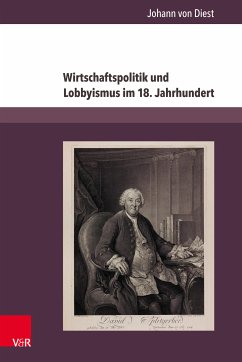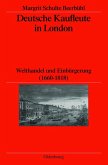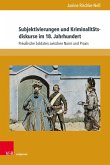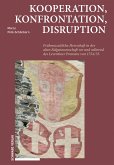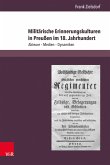The origin of economic policy in Brandenburg-Prussia and Hanover in the 18th century were requests and appeals by the subjects. Governmental activities like founding factories, granting monopolies or other privileges, establishing customs and embargos on imports or exports were negotiated in each individual case with the respective subjects. The author's results are based on a voluminous and partly first-time scientific analysis of governmental files in Brandenburg-Prussia and electoral Hanover from the 18th century. The economic theory of mercantilism - assuming that the economic power of the state was brought into line by the absolute monarch alone - does not withstand the critical examination on the basis of the sources.
Dieser Download kann aus rechtlichen Gründen nur mit Rechnungsadresse in A, B, BG, CY, CZ, D, DK, EW, E, FIN, F, GR, H, IRL, I, LT, L, LR, M, NL, PL, P, R, S, SLO, SK ausgeliefert werden.

